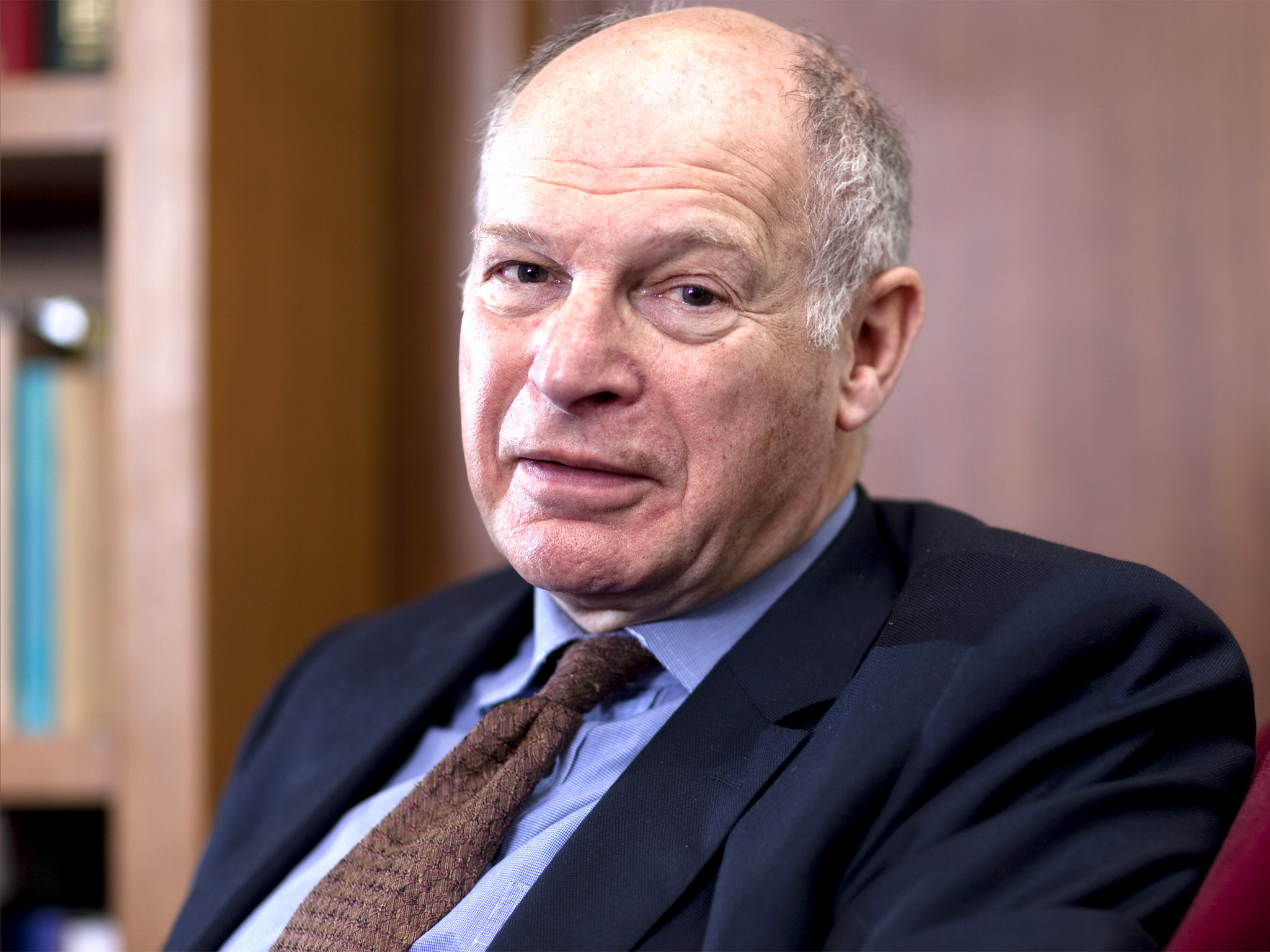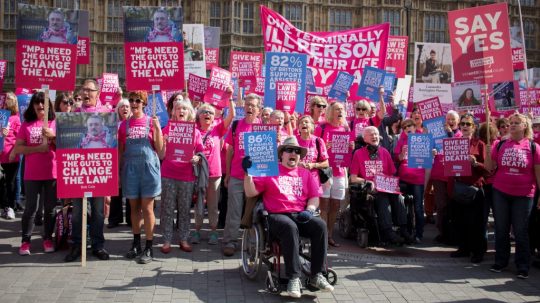How well does English law protect human rights? Some say too well, some say not enough. In a recent speech, the President of the UK Supreme Court, Lord Neuberger, considered the influence of the European Convention on Human Rights on English law.
What is the common law?
 The UK is a common law system. Put simply, this means that the law has developed gradually through the courts on a case by case basis. This can be contrasted with civil law systems, used in many European countries. This means the country has a detailed written code that is then applied to all cases.
The UK is a common law system. Put simply, this means that the law has developed gradually through the courts on a case by case basis. This can be contrasted with civil law systems, used in many European countries. This means the country has a detailed written code that is then applied to all cases.
Lord Neuberger highlighted how one of the strengths of the common law is its flexibility. Over the centuries it has incorporated legal principles from across the world.
How does this relate to human rights?
A good example of how the common law has incorporated legal principles from other countries is human rights law. The European Convention on Human Rights (ECHR) was incorporated into UK law by the Human Rights Act 1998 (HRA). Now judges look to judgments of the European Court of Human Rights for influence on how to interpret these rights. This has introduced new rights into UK law. For example, prior to the HRA, there was no right to privacy.
It has also changed the way our judges think about and apply law. The ECHR enables decisions to be made in a logical way. For example, the right to respect for private life can be limited under Article 8 (2) ECHR. To do so, the judge must follow this structure: is Article 8 engaged in these circumstances (i.e. does ‘private life’ cover these circumstances?); is it infringed (does the action fail to respect an individual’s private life?); is that infringement prescribed by law; does that law pursue a legitimate aim; and finally, is the infringement proportionate means of achieving that aim?
In Lord Neuberger’s words, the ECHR has helped to “to refresh and develop our common law”.
However, he also pointed out a danger. The new ‘toy’ of the ECHR may have left common law rights somewhat ignored. As another judge said: “the development of the common law did not come to an end on the passing of the Human Rights Act 1998”.
Why is this important?

This is important because it means the ECHR is not the answer to everything. For example, in 2014 there was a Supreme Court case about a journalist who wanted to see a report by the Charity Commission. He said that his right to freedom of expression (Article 10 ECHR) included a right to demand information. The Supreme Court did not agree, but they did say that there was a common law right that enabled him to see the document, based on a principle of openness.
While our law has been influenced by ECHR, this has also worked the other way around. The recently retired President of the European Court of Human Rights has said “[c]ertain important principles, entrenched for centuries in the British legal culture, have strongly influenced the case-law of the European Court of Human Rights.”[1]
In his speech, Lord Neuberger makes an important point that our relationship with the European Court of Human Rights has led to an exchange of ideas, leaving both systems stronger.
Subscribe to RightsInfo and follow us on Facebook and Twitter for more human rights news, views and information. We also have a LinkedIn page! Follow us here.
Follow RightsInfo for regular News Headlines, Explainers, Opinions, Features and our fabulous Your Rights infographics.







